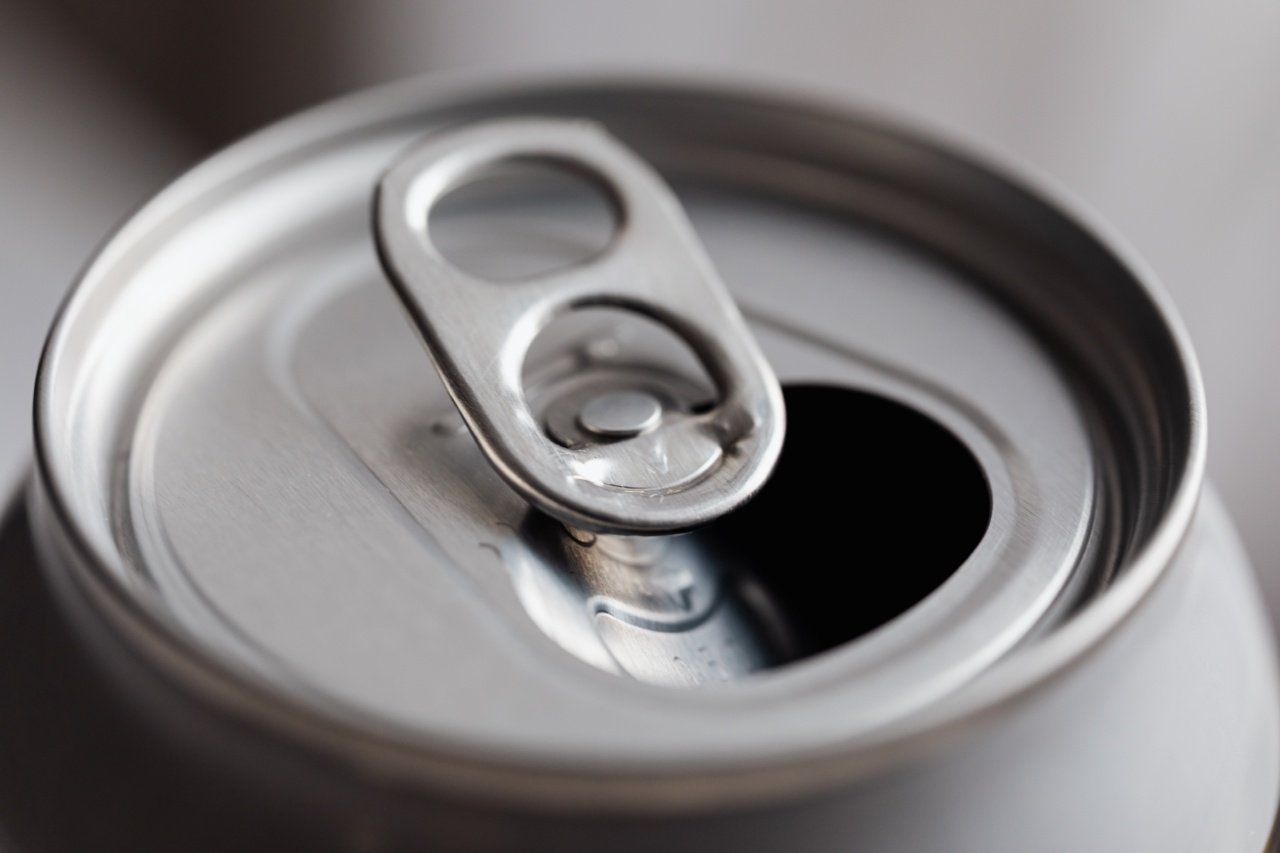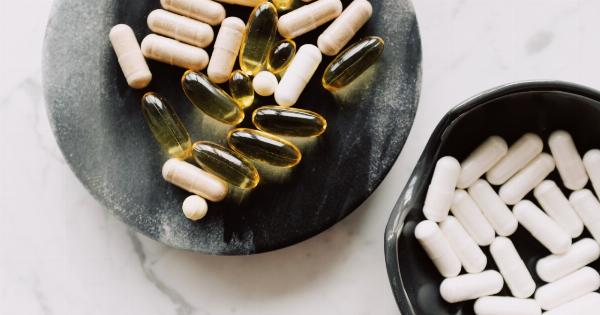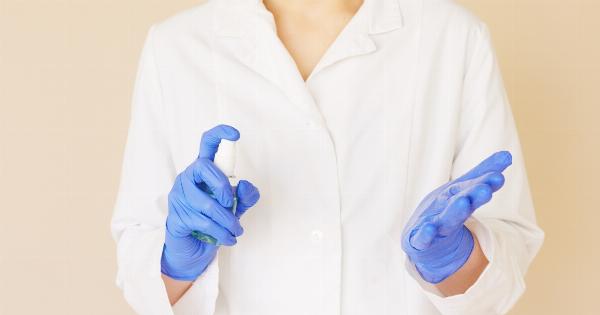Hemorrhoids can be an uncomfortable and painful problem for many people. They occur when the veins in the rectal area become swollen and inflamed, causing pain, itching, and bleeding.
There are many factors that can contribute to the development of hemorrhoids, including a poor diet, lack of physical activity, and chronic constipation. However, one of the main causes is often dehydration. Drinking enough water can help prevent hemorrhoids and alleviate their symptoms, making it an important step in maintaining good colon health.
What Are Hemorrhoids?
Hemorrhoids are swollen veins in the rectum and anus. They can be internal or external, and they can cause a variety of unpleasant symptoms, including itching, burning, bleeding, and discomfort.
Hemorrhoids can be caused by a number of factors, including straining during bowel movements, chronic constipation, pregnancy, and sitting for long periods of time. They can also be caused by dehydration, which makes stool harder and more difficult to pass.
How Does Dehydration Cause Hemorrhoids?
When the body is dehydrated, it frequently affects the digestive system. One of the primary ways that dehydration can contribute to hemorrhoids is by making stool harder and drier, which makes it more difficult to pass.
Straining during bowel movements can cause the veins in the rectal area to become swollen and inflamed, leading to hemorrhoids. Drinking enough water can help soften stool and make it easier to pass, reducing the risk of hemorrhoids.
How Much Water Should You Drink?
The amount of water you need to drink in a day varies depending on your age, gender, weight, and activity level. On average, women should aim for at least 9 cups of water per day, while men should aim for at least 12 cups.
However, these are general guidelines, and your individual needs may be different. Certain medical conditions, medications, and environmental factors can also affect your hydration needs. It’s important to consult with your doctor to determine how much water you should be drinking each day.
Other Ways to Prevent Hemorrhoids
In addition to drinking enough water, there are other steps you can take to prevent hemorrhoids:.
- Eat a high-fiber diet.
- Exercise regularly.
- Practice good bathroom habits, such as not straining during bowel movements and avoiding excessive use of toilet paper.
- Avoid sitting for long periods of time.
- If you are pregnant, talk to your doctor about ways to prevent hemorrhoids.
When to See a Doctor
If you experience symptoms of hemorrhoids, it’s important to see a doctor. While hemorrhoids are usually not a serious condition, they can be uncomfortable and can lead to serious complications if left untreated.
Your doctor can examine you and determine the best course of treatment for your specific case. In some cases, surgery may be necessary to remove the hemorrhoids.
The Bottom Line
Drinking enough water is an important step in preventing hemorrhoids and maintaining good colon health. By staying hydrated, you can help soften stool and make it easier to pass, reducing the risk of hemorrhoids.
In addition to drinking enough water, it’s important to eat a high-fiber diet, exercise regularly, and practice good bathroom habits to prevent hemorrhoids. If you experience symptoms of hemorrhoids, be sure to see a doctor to determine the best course of treatment for your specific case.





























